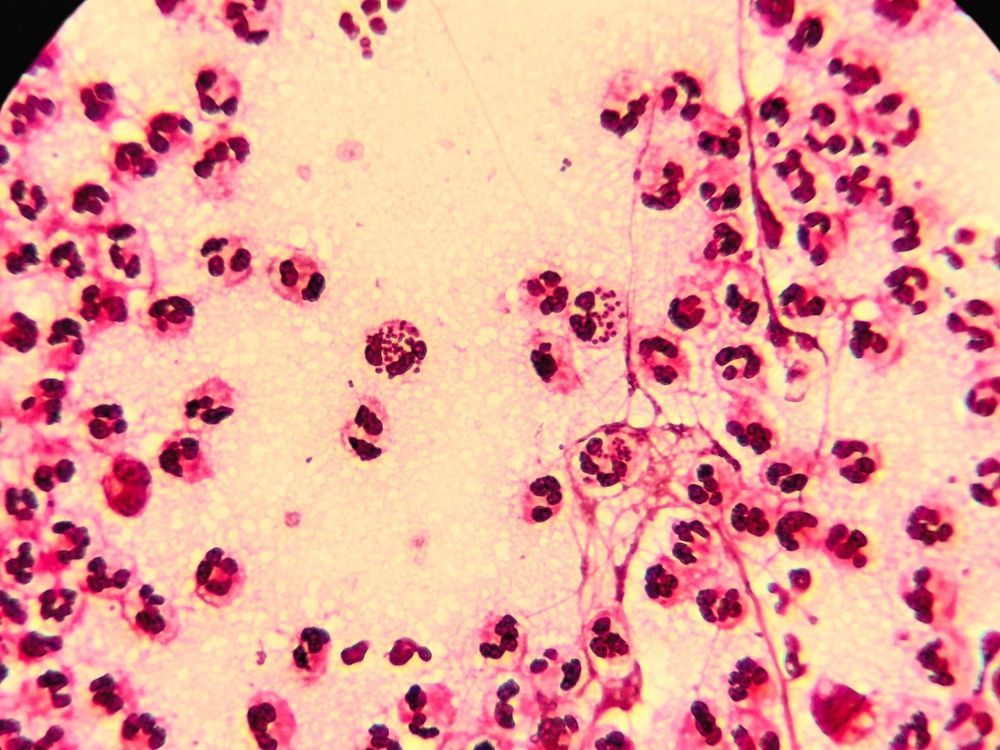Find Out When to Take a Pregnancy Test
Share this Article:
You think you might be pregnant and naturally you want to find out for sure as soon as possible. There are plans and decisions to make, so you may wonder how early you can take a pregnancy test. Besides, it’s hard to wait for an answer that could alter your life in a big way.
Let’s start by discussing how pregnancy tests work and then talk about the best time to take one , so you get the most accurate results.
How Pregnancy Tests Work
When you take a pregnancy test, it measures the amount of a pregnancy hormone, human chorionic gonadotropin (hCG), in your urine or blood.
In a healthy early pregnancy, a fertilized egg travels through the fallopian tube for about three to four days on its journey to the uterus [1]. The fertilized egg then implants into the lining of the uterine wall. After this implantation happens, your body begins producing hCG, and the levels double every 24 to 48 hours.
Most at-home pregnancy tests are “midstream urine dip tests.” There are three types:
- Pee directly onto a test stick
- Pee into a collection cup and dip the test stick
- Pee into a collection cup and transfer the urine by dropper to a test cassette
Benefits of an At Home Pregnancy Test
At-home pregnancy tests offer a convenient, private, and quick way to find out if you’re pregnant. They allow you to test in the comfort of your own home, avoiding the need for a doctor’s visit. These tests are easy to use and provide fast results, usually within minutes. With high accuracy rates, they can give you peace of mind or prompt you to take the next steps in your pregnancy journey. Plus, they are readily available at pharmacies and online, making them accessible whenever you need them.
How Accurate Are At Home Pregnancy Tests?
Although pregnancy test manufacturers claim 99 percent test accuracy, that percentage is determined in a laboratory setting rather than a “real life” setting. Research reveals that, indeed, women get an accurate test result 99% of the time from “pee-on-a-stick” tests. However, when women use the other two methods of testing (dipping or cassette tests) at home, they only get an accurate result 70 percent of the time [2].
When to Take a Pregnancy Test at Home
It takes about 7 to 12 days after implantation for hormone levels to rise enough to be detectable with a home pregnancy test [3]. With an early home pregnancy test, a pregnancy can be detected as soon as five days before your missed period.
However, test results have only been shown to be 76 percent accurate in a laboratory setting if you take it that early. If you can wait to take a urine pregnancy test until you’ve missed your period, your results can be almost 99 percent accurate [4]. Taking the test first thing in the morning provides a more concentrated urine sample and will give you more accurate results.
Your body needs time to produce enough hCG for a home pregnancy test to detect it. We recommend you wait until you’ve missed your period before taking a pregnancy test to get the most accurate results. It will also help you avoid the confusion of a false-negative result by inadvertently taking the test too early as well as potential anxiety of a false-positive result from a very early miscarriage.
At Pregnancy Care Clinic , we understand how scary an unplanned pregnancy can be, and we’re here to help you find answers to your questions without bias. If you think you might be pregnant, our licensed medical professionals are available to provide no-cost pregnancy testing in a judgment-free environment.
We’re open to serve you during the COVID-19 outbreak. Contact us
today for a confidential appointment.
[1] Johnson, M.D., Traci C. (2019, February 11). Conception: From Egg to Embryo Slideshow. https://www.webmd.com/baby/ss/slideshow-conception
[2] Gnoth, C., & Johnson, S. (2014). Strips of Hope: Accuracy of Home Pregnancy Tests and New Developments. Geburtshilfe und Frauenheilkunde, 74(7), 661–669. https://doi.org/10.1055/s-0034-1368589
[3] Horsager-Boehrer, M.D., Robyn. (2018, August 28). How early can home pregnancy tests show positive results? https://utswmed.org/medblog/home-pregnancy-tests/
[4] Danielsson, Krissi. (2020, February 16). Using an Early Pregnancy Test Before Your Period. https://www.verywellfamily.com/using-an-early-pregnancy-test-2371541




